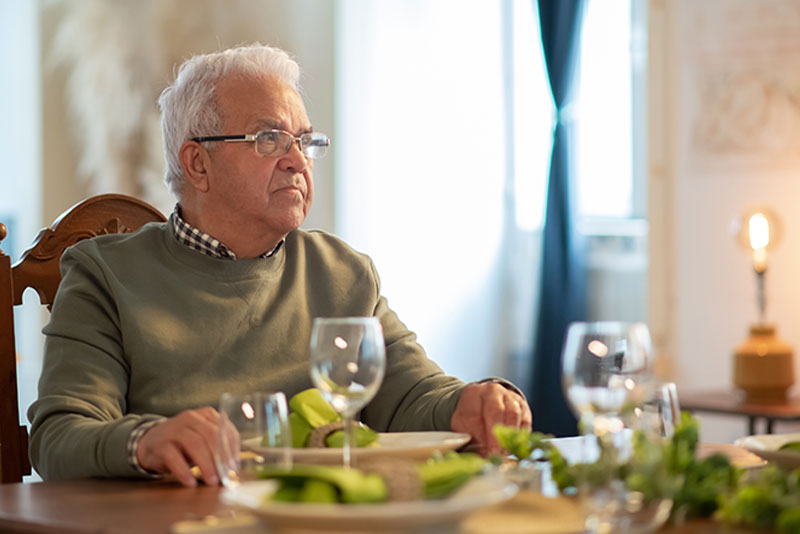Could You Be a Helicopter Child?


Hired Hands Homecare provides tips for determining if you’re a helicopter child.
We have all heard about helicopter parents, particularly when a daughter or son leaves for college, but what about a helicopter child? Truth be told, we may be guilty of hovering a bit too closely ourselves. Finding that optimal harmony between caring and overstepping our boundaries is not easy.
And now, due to the increased number of sandwich generationers providing care for both children and aging parents, we are in danger of acquiring another badge of overbearingness: that of a helicopter child. It’s not uncommon for adult children to find themselves sliding into a role reversal in regard to their senior parents, with the best of intentions, of course; obviously, we would like to keep our loved ones safe and secure. However, this can lead seniors to feel indignant, upset, or maybe discouraged at their new loss of control.
If you think there’s a chance you’re infringing on your senior parent’s rights and sense of self-worth and control, here is the way to come in for a landing, and resolve to step in only when entirely needed.
Discuss objectives. Engage the senior in a conversation about aging wishes, and how she would like you to help with obtaining those goals. For instance, if the senior were to be diagnosed with dementia, would the personal preference be to move into an assisted living facility, or remain at home with help? If, for example, the senior were to fall, requiring surgery or rehabilitation, how would she envision her recovery experience? Would she be more comfortable getting help with personal care tasks, like bathing and using the toilet, from you or from an expert caregiver?
Speak up when necessary. When safety is jeopardized, it’s imperative to step in, maintaining a respectful, collaborative state of mind. The objective is to ensure the senior preserves as much self-sufficiency as possible. If she’s hesitant to accept assistance or even make wise decisions, such as utilizing a walker when needed to prevent a fall, it could be helpful to enlist the assistance of her physician or a geriatric care manager to present suggestions.
Otherwise, step back. If you are wanting to manage circumstances that are not impacting the senior’s health or safety, and she’s cognitively still able to make her own decisions, it’s far better to let those concerns go. “A child should be sensitive to a parent’s need for self-determination and maintaining self-identity,” said Barry Jacobs, clinical psychologist and author of The Emotional Survival Guide for Caregivers: Looking After Yourself and Your Family While Helping Aging Parents.
Reach out online or call Hired Hands Homecare at (866) 940-4343 for the elder care in Walnut Creek, California and nearby areas that is always geared towards ensuring as much independence as is feasible for seniors, allowing family caregivers time to step back and allow their parents the freedom they desire while remaining safe and secure.








Leave a Reply